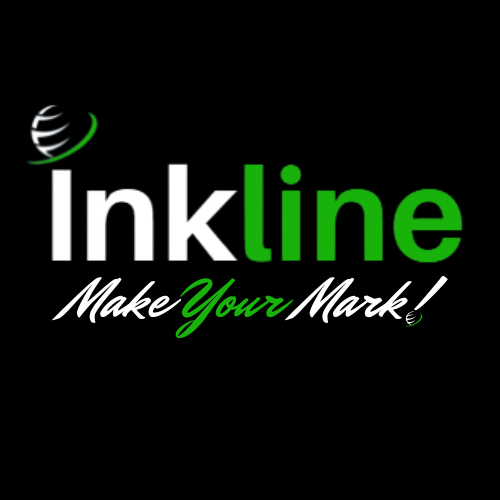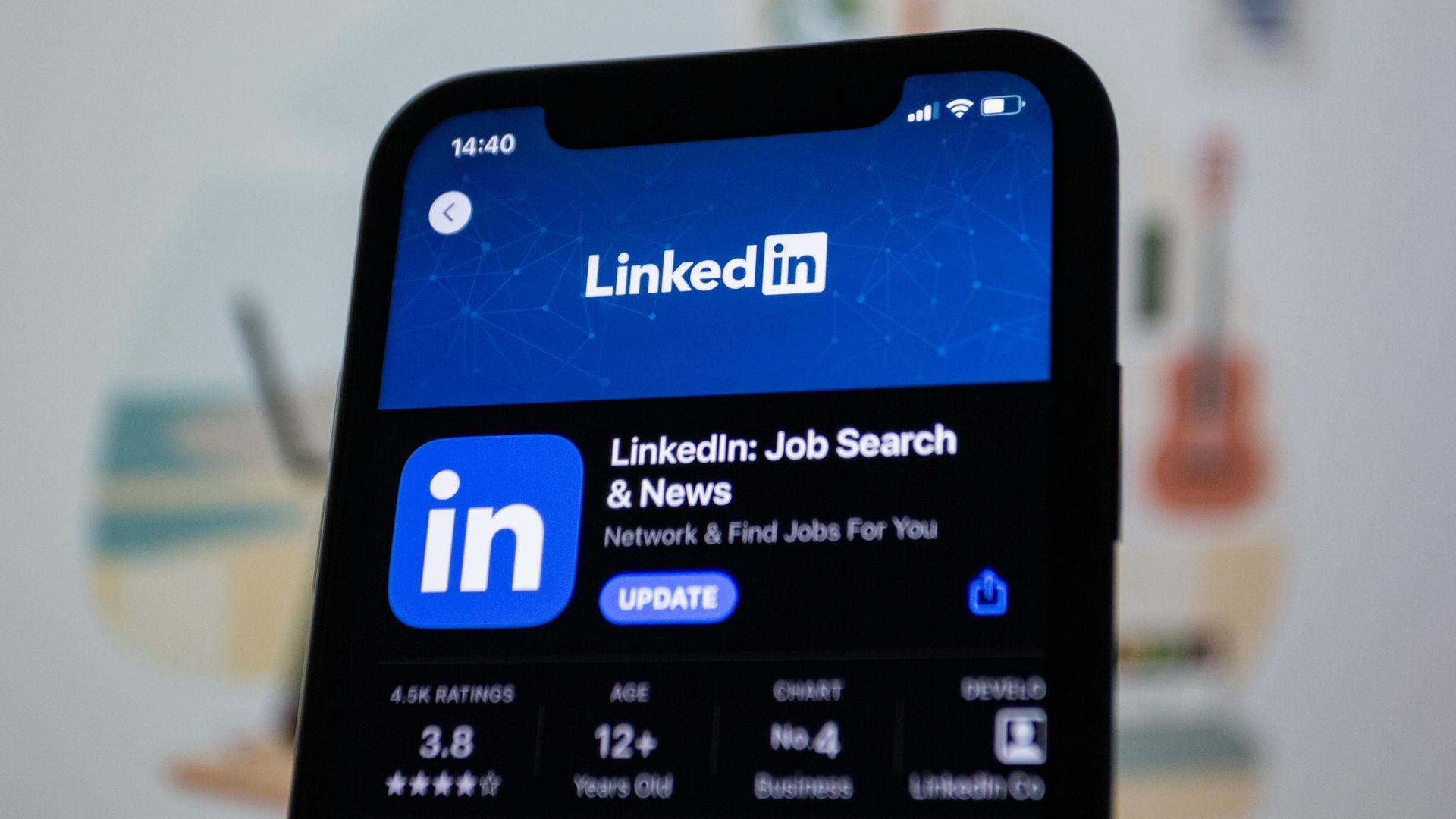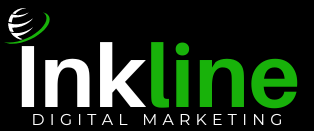The Million-Dollar Gap Between Tech Genius and Sales Success
Your engineers speak Python while your sales team speaks prospect. The translation errors are costing you millions.
We see it constantly in the B2B tech landscape. Companies build remarkable products powered by brilliant technical minds. Yet somehow, that technical brilliance fails to translate into the revenue growth it deserves.
The culprit? A widening expertise gap between technical knowledge and sales execution.
This gap isn't just a communication problem. It's a revenue problem.
The Costly Divide Between Technical and Sales Expertise
B2B buyers have evolved. They come armed with research, pointed questions, and multiple options. They've read blogs, watched demos, and know precisely what technical capabilities they need.
When these informed buyers meet sales representatives who can only speak in general terms about technical products, the disconnect is immediate and costly.
It's like "asking a sommelier about terroir and getting a lesson on how to open a wine bottle," as one sales expert aptly described it. The expertise gap becomes painfully apparent when a buyer seeking a customized technical solution receives boilerplate answers from a sales rep focused on broader metrics.
This disconnect happens naturally as companies scale. Small organizations often maintain deep knowledge about every client, but growth typically brings restructuring that dilutes this expertise.
The result? Lost opportunities, elongated sales cycles, and millions in unrealized revenue.
Quantifying the Revenue Impact
The financial cost of this expertise gap is staggering.
Companies that successfully bridge the technical knowledge and sales execution divide see dramatic results. Those implementing AI tools to connect these domains have increased conversion rates from 1.8 percent to 3.0 percent in just 12 weeks, with potential to generate $120 million in annual incremental revenue when scaled across the enterprise.
Another logistics company using AI to help sales representatives identify technical cross-selling opportunities anticipates increasing annual sales by $100 million through this approach.
These aren't outliers. They represent the potential lying dormant in most B2B tech organizations.
The tech and telecommunications B2B market is projected to grow by approximately $150 billion annually. Companies without technically proficient sales teams risk missing this explosive growth.
But the problem extends beyond missed opportunities.
The Training Investment Gap
B2B organizations recognize the problem. An alarming 76% have formal training programs to upskill their sales teams as technical products evolve.
Yet only 27% feel their current training strategy is "very effective," according to industry research. This reveals a massive gap between investment and results.
Why such poor returns on training investment?
Traditional sales training often fails to address the fundamental disconnect between technical and sales languages. It focuses on sales techniques rather than true technical fluency.
The result is sales representatives who can recite feature lists but cannot translate technical capabilities into business value for specific customer situations.
This superficial technical knowledge becomes painfully apparent to buyers who need consultative guidance on complex technical solutions.
The Buyer Experience Revolution
Modern B2B buyers expect more. When familiar with a product, 64% prefer a 100% digital buying experience, driven by speed and convenience.
But this preference for digital doesn't mean they want less expertise. Quite the opposite.
They expect sales interactions to deliver value beyond what they can find online. They seek consultative guidance that connects technical capabilities to their specific business challenges.
Companies that focus on delivering superior customer experiences, from technically informed sales conversations to ongoing support, can increase revenue by 5% to 10%. Those that can't deliver this experience due to technical expertise gaps leave significant money on the table.
The expertise gap creates friction at every stage of the customer journey.
When Technical Brilliance Fails to Translate
The symptoms of this expertise gap appear throughout the sales process:
Discovery calls that miss technical nuances. Sales representatives ask surface-level questions that fail to uncover the technical dimensions of customer challenges.
Demos that showcase features rather than solutions. Technical capabilities are presented as a checklist rather than contextualized to the customer's specific technical environment.
Proposals that fail to align with technical requirements. Recommended solutions miss crucial technical considerations that engineering teams would immediately recognize.
Objection handling that lacks technical depth. When prospects raise technical concerns, sales representatives provide generic reassurances rather than specific technical explanations.
Each of these failures erodes buyer confidence and extends sales cycles. Worse, they often lead to lost opportunities or implementations that fail to deliver expected value.
Bridging the Gap Between Technical and Sales Expertise
Solving this expertise gap requires more than traditional sales training or technical documentation. It demands a fundamental rethinking of how technical knowledge flows through the organization.
The most successful B2B tech companies address this challenge through several approaches:
Collaborative selling models. Sales engineers or technical specialists partner with sales representatives throughout the sales process, ensuring technical accuracy while maintaining sales momentum.
AI-augmented sales intelligence. Advanced tools can provide real-time technical guidance to sales representatives during customer interactions, suggesting relevant technical capabilities based on customer needs.
Technical fluency programs. Rather than surface-level product training, these programs develop true technical understanding among sales teams, enabling them to have meaningful technical conversations.
Specialized outsourced sales partnerships. External agencies with deep technical and sales expertise can bridge the gap more effectively than internal teams struggling with the learning curve.
This last approach has gained particular traction among B2B tech companies facing competitive pressure to accelerate revenue while maintaining technical credibility.
The Strategic Advantage of Outsourced Technical Sales
For many B2B tech companies, the expertise gap presents an insurmountable challenge when limited to internal resources. The learning curve is too steep, and the opportunity cost of waiting is too high.
Specialized sales agencies that combine technical fluency with sales expertise offer a compelling alternative. These partnerships provide immediate access to representatives who can speak both languages fluently.
The advantages extend beyond technical translation:
Faster time-to-revenue. Rather than waiting months or years to develop internal capabilities, companies can immediately deploy technically fluent sales resources.
Scalable expertise. As technical products evolve, specialized agencies can rapidly adapt their approach without the extensive retraining required for internal teams.
Reduced training investment. The burden of developing and maintaining technical sales expertise shifts to the specialized partner.
Focus on core competencies. Internal technical teams can focus on product development while sales specialists handle the translation to business value.
For outsourced tech companies in particular, this approach creates natural alignment. Just as they provide specialized technical expertise to their clients, outsourced sales agencies provide specialized sales expertise to them.
Closing the Million-Dollar Gap
The expertise gap between technical knowledge and sales execution isn't merely an operational challenge. It's a strategic vulnerability that directly impacts revenue growth and market position.
As technical products grow more complex and B2B buyers become more sophisticated, this gap will only widen unless deliberately addressed.
The companies that thrive will be those that recognize this expertise gap as a business priority rather than a departmental issue. They'll invest in solutions that truly bridge technical and sales languages, whether through internal capabilities or strategic partnerships.
The potential reward is substantial: millions in currently untapped revenue, shorter sales cycles, and stronger customer relationships built on genuine technical value.
The most successful B2B tech companies won't just build better products. They'll build better connections between their technical brilliance and the customers who need it.
That's where the real competitive advantage lies. Not just in what you build, but in how effectively you translate its value to those who need it most.











